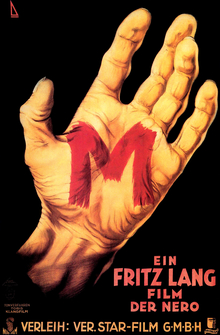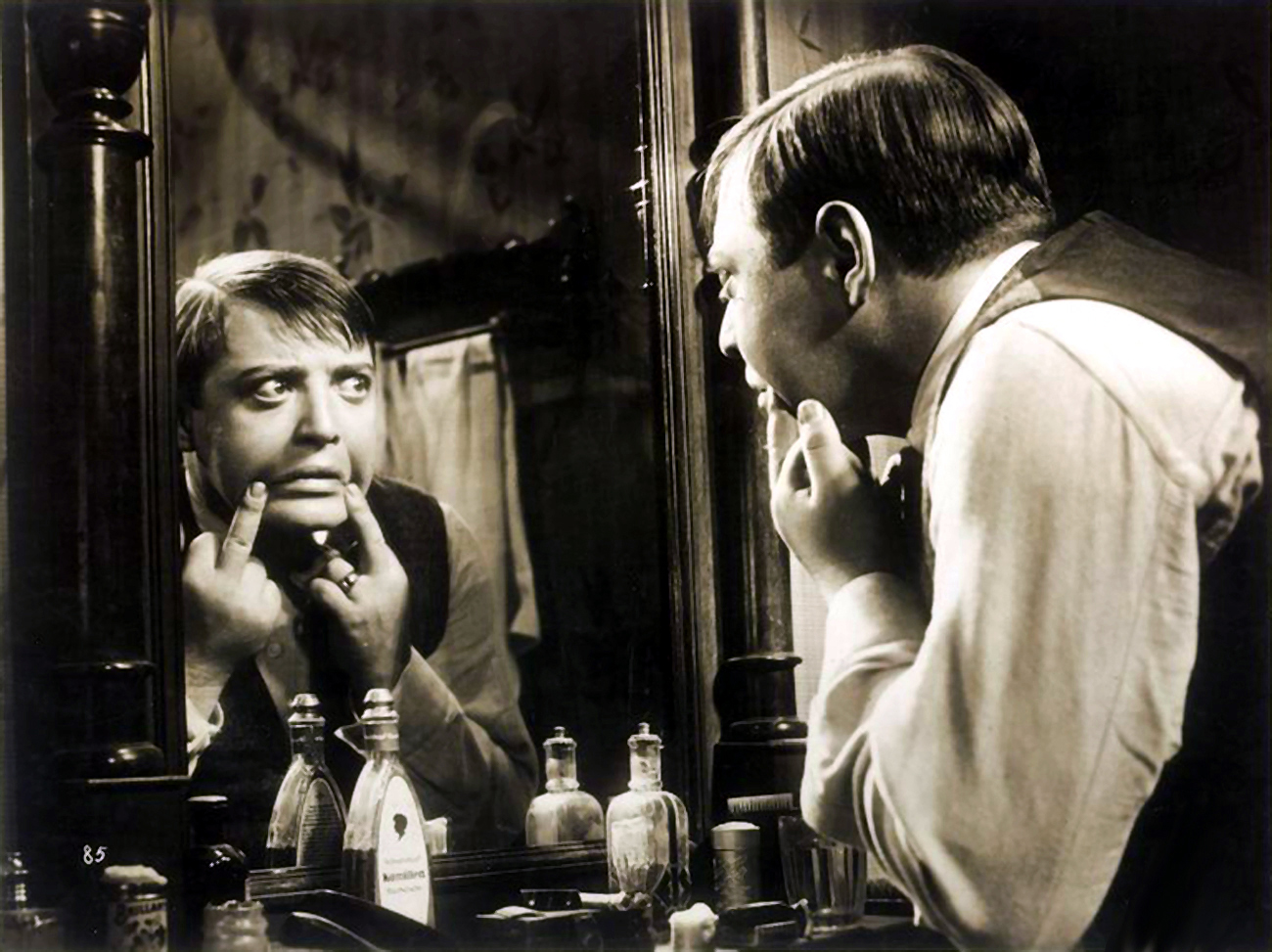Fritz Lang directs this beautiful and haunting German film set in antebellum Berlin, a city that gradually degenerates as a child serial killer (the always unsettling Peter Lorre) terrorizes the metropolis. Gradually, the citizens turn on one another out of fear and suspicion and the isolated acts of one man triggers universal implications. M is Lang’s first foray into sound and he utilizes it expertly through its inclusion and exclusion. Sparse cinematography combined with a driven and pervasive paranoid chase for the killer Hans Beckert, Lang challenges the absurdly perverse human reactions to absence and fear.
In the hysteric manhunt, the children, the only victims of the killer, were essentially forgotten and treated as mere devices for further attempts to fulfill the loss of every respective actor caught up in the killings. The populace forgot the loss in their attempt to attain the murderer in an tumultuous and fitting conclusion to M’s reflection on the frenzied human response to absence. Lang draws the personal and collective psyche into proximity, and thus alludes to the disturbing reality that they are never far apart. The individual reaction to loss never strays far from the collective need to occupy and fill a permanent inescapable emptiness.


No comments:
Post a Comment